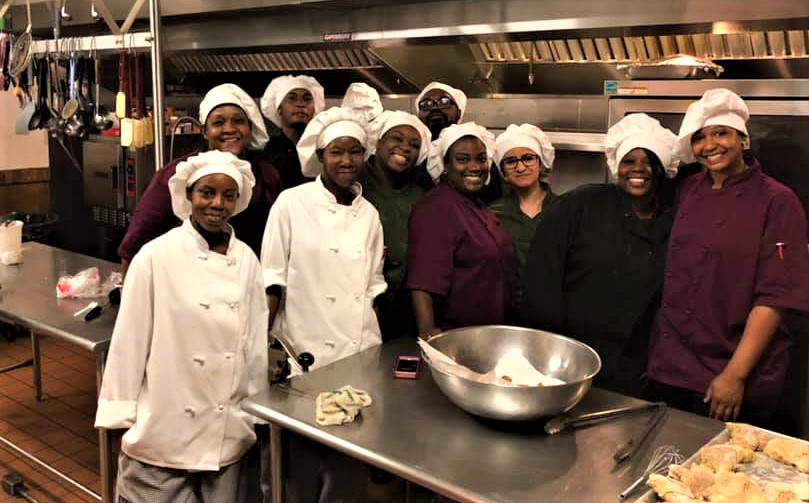From Soleil Ho’s “Bite Curious” at the SF Chronicle comes this brief and concise commentary about the current labor shortage in the food and drink business. No one asked for your correspondent’s two cents, but here they are, anyway: I concur with Ho. Less pontificating and more mirror-gazing always help in times like these.
—
When restaurants can’t find workers, some soul-searching is in order
This week, I’ve read so many stories about the labor shortage in the restaurant world. Owners tell reporters they can’t find enough workers to staff their restaurants, despite cranking up benefits and wages to lure potential candidates, and some even blame extended unemployment benefits for making people unwilling to work.
Over the past year, I’ve talked to many former restaurant workers who are simply done with the industry: done with the increased labor of sterilizing surfaces, confronting customers over mask use and dealing with owners willing to put them at risk for a profit. They’ve moved to highly paid manufacturing jobs, gone to school to train for different work, or refocused on personal projects like pop-ups that let them create food and drink on their own terms.
The situation is more evidence that the restaurant as we know it doesn’t work. Restaurant work is a noble profession, and at the same time, it attracts people who don’t have a full breadth of options. In my decade as a restaurant cook, I found camaraderie with an incredibly diverse pool of workers — folks who never graduated from middle school, who immigrated here without documents, who previously worked in coal mines, who worked three other jobs to support their kids. We didn’t think to expect more of our work, even when our bosses screamed at us or treated us like the scum underneath their shoes. Because I didn’t know any other way of doing things, I used to think I would be happy to keep doing the job forever, with the same crappy wages. But then I left to pursue writing, and I have never looked back.
Being able to leave was a privilege, and now I see more people using their newfound economic stability as an opportunity to reflect on what matters to them. In the food world, anyone with a portable burner and a spoon has much more access to the means of production than, say, an auto worker might.
I don’t blame restaurant workers for not wanting to go back to that world when they have other options. Not all restaurants are abusive, but being “not abusive” is really the bare minimum that workers should be able to expect. They can and should expect more: like living wages, reliable scheduling, paid time off, managerial support in customer conflicts, benefits and equitable treatment by management.
Right now, workers have the power. This current moment is a rare chance for restaurants to collaborate with workers to meet their needs and figure out a new, sustainable way of doing things.























